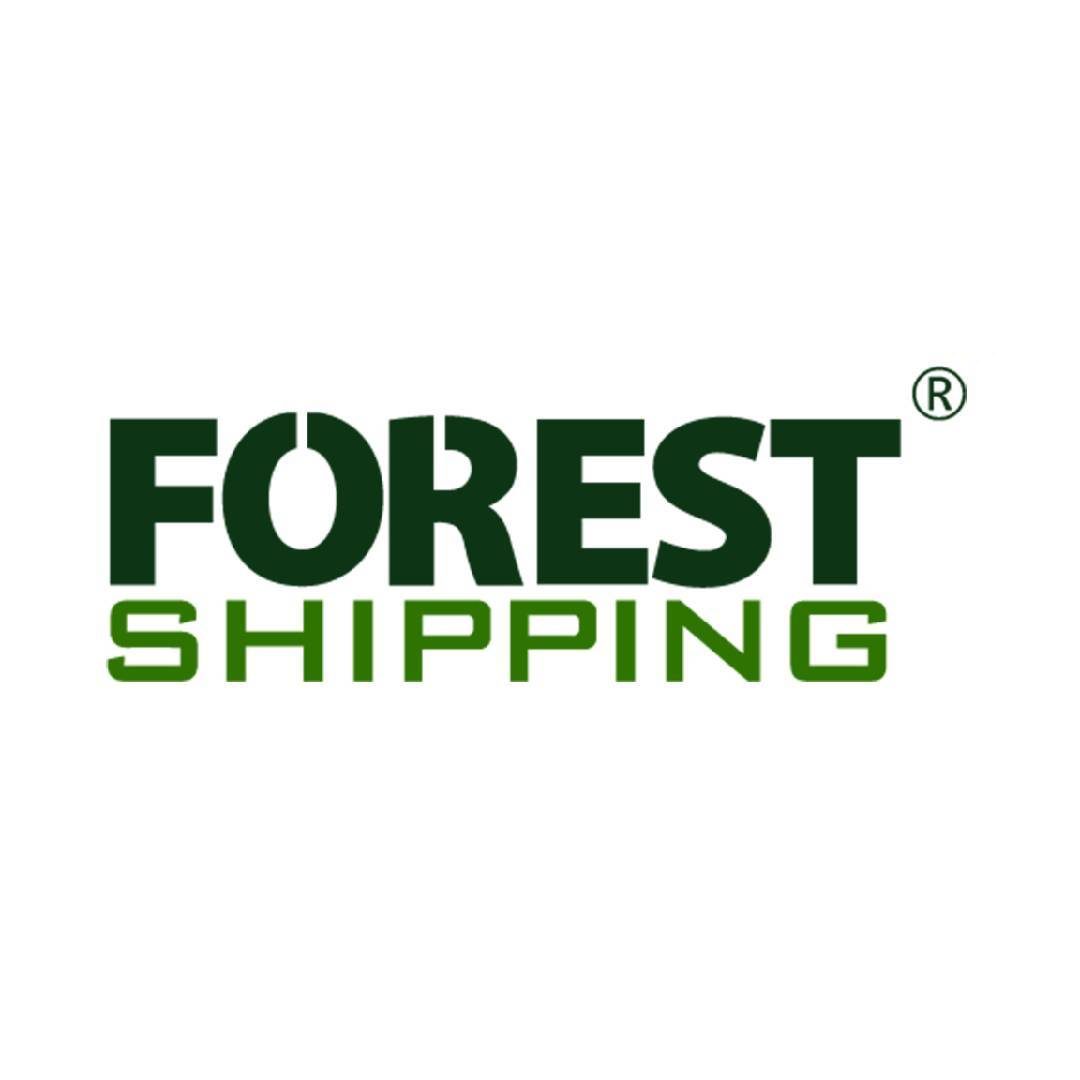Understanding Fulfillment by Amazon (FBA): A Comprehensive Overview
Introduction:
FBA, or Fulfillment by Amazon, is a logistics service provided by Amazon to simplify the fulfillment process for sellers. By using FBA, sellers can focus on marketing and customer service while Amazon handles storage, picking, packing, and shipping orders.
Key Features:
Fulfillment by Amazon (FBA): Amazon stores and ships your products directly to customers, reducing your logistics burden.
Options:
FBA: Amazon handles everything from storage to shipping.
FBM: Amazon handles shipping; you manage product listing and marketing.
FBO: You handle your own shipping and storage.
Benefits of FBA:
Cost Savings: Eliminates inventory and shipping costs.
Scalability: Efficient for high-volume businesses.
Customer Satisfaction: Reliable shipping and tracking.
Access to Amazon Support: Relies on Amazon’s infrastructure and customer service.
Wide Product Selection: Utilizes Amazon’s extensive inventory.
Marketing Tools: Integration with Amazon’s PPC and other tools.
Challenges:
Shipping Delays: Potential delays due to distant warehouses.
Volume Thresholds: May require minimum order volumes to qualify.
Fees and Costs: Understanding and managing fees is crucial.
Product Listing: Time-consuming process requiring technical skills.
Considerations:
Product Selection and Margins: Choose products with reasonable margins and demand.
Returns and Exchanges: Eliminated, simplifying logistics.
Return Policy: Check Amazon’s terms for international sales.
Compliance and Taxes: Ensure business registration and tax compliance.
Conclusion:
FBA is beneficial for businesses looking to streamline logistics, especially for high-volume or niche products. However, it’s essential to evaluate costs, potential delays, and product selection to determine if FBA aligns with your business goals. Weighing these factors will help decide if FBA is the right choice for your business.

